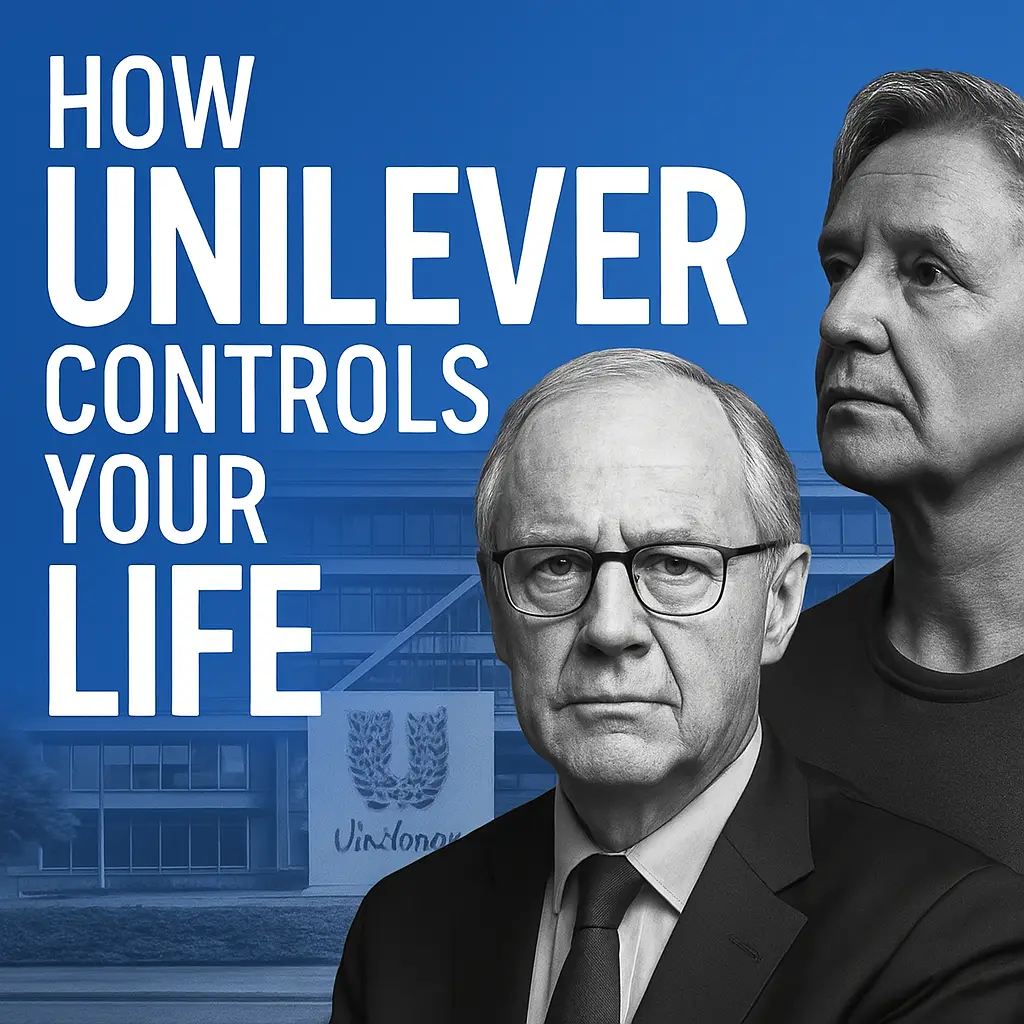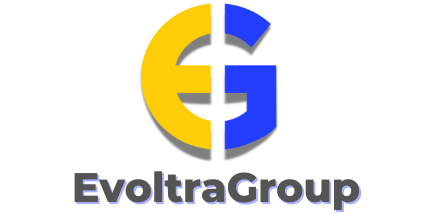
Fat, Soap, and Ethics: How Unilever Took Over Your Life
Picture this: You wake up, brush your teeth, shower, cook breakfast, clean your house, and even grab dessert at night—all using products from just one company. It sounds dystopian, yet it’s simply today’s reality shaped by Unilever, the consumer goods titan with roots in Dutch margarine and British soap. But how did soap bars and margarine tubs give rise to one of the world’s most dominant companies, capable of making or breaking markets?
From Fat to Fortune: The Origins of a Giant
It begins in fat—a substance once shared between margarine and soap production, fueling a historic 1929 merger between Margarine Unie and Lever Brothers. What started as a marriage of convenience to secure steady fat supplies soon transformed into a global consumer goods powerhouse, controlling vast swathes of supermarket shelves worldwide.
But Unilever’s journey is far from smooth sailing. Their growth has often come at a high cost—ethical, ecological, and legal.
Profit vs. Principles: When Success Crosses the Line
Take their ice cream empire: today, Unilever controls nearly 25% of global ice cream sales. Yet, success brought controversy when in 2000, they faced allegations of anti-competitive behavior, forcing UK stores into exclusivity agreements. This wasn’t an isolated incident but rather one of numerous ethical breaches, including a notorious detergent price-fixing scandal in Europe, which saw Unilever slapped with multi-million euro fines alongside corporate giants P&G and Henkel.
And it’s not just economics—it’s environmental. Unilever’s involvement in palm oil production has drawn global criticism, contributing directly to deforestation in Indonesia, where rainforests shrink alarmingly by 2% annually. The controversies extend to severe health crises, such as mercury poisoning among workers in India.
A CEO, a Vision, and a Corporate Crossroads
Enter Paul Polman, a CEO unlike his predecessors. Initially aspiring to priesthood, Polman swapped spiritual callings for corporate boardrooms, pledging to cut Unilever’s environmental impact in half by 2020. Under his watch, landfill waste plunged by 85%, and the company started genuinely advocating for stricter ecological regulations. Polman seemed sincere—but skeptics remain. Can a corporate behemoth like Unilever genuinely pivot towards sustainability, or is it merely sophisticated PR?
These efforts were tested when Kraft Heinz proposed a staggering $143 billion takeover in 2017—a deal promptly rejected, believed to be due to Polman’s unwavering sustainability vision. Investors were frustrated, arguing profits outweighed ethical considerations. Yet, perhaps it’s not about pleasing the shareholders who rarely see life from a minimum wage worker’s perspective on a Pakistani farm.
Ultimately, the real power lies in the consumers’ hands. As wallets increasingly speak louder than words, perhaps Unilever’s next chapter depends less on their boardroom battles and more on whether we, as consumers, choose to reward or punish their actions at the checkout line.
Maybe tomorrow morning, when reaching for that shampoo, toothpaste, or ice cream, we’ll pause to think—not only about what we’re buying, but also about who made it, how they made it, and most crucially, why…
